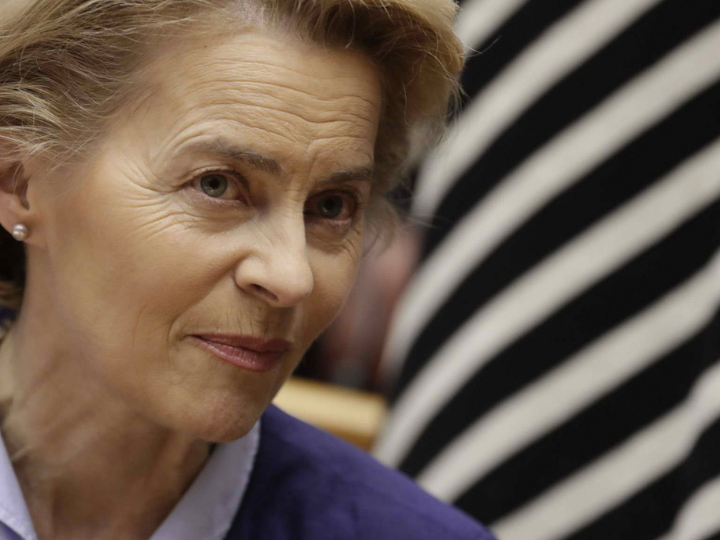By Uri Dromi*
Just a few weeks after his victory in the recent elections, Prime Minister Benjamin Netanyahu suffered a humiliating defeat: Wednesday night, the Knesset dissolved itself, because he had failed to form a coalition government in the the time allotted for it by law.
A wild circus immediately erupted, with everybody accusing everybody else for this fiasco. Netanyahu blamed Avigdor Liberman, former defense minister and leader of the small Yisrael Beitenu Party, for dragging the country into a costly and unnecessary election campaign. Liberman, whose loathing of Netanyahu is legendary, blamed the prime minister for caving in to the ultra-orthodox — a vital element in any government coalition — who insist on not serving in the Israel Defense Forces while getting lavish allowances from the national treasury.
Nobody in Israel, however, was fooled by this. Everyone knows that Netanyahu masterminded the April elections. He is facing charges of bribery, fraud and breach of trust in several cases, and he devised the elections as an escape route from the law. The attorney general set a date in early October to allow Netanyahu a hearing, before he makes his final decision about the charges. Netanyahu, racing against time, schemed to mobilize his potential coalition members to vote for legislation that would secure his immunity while being prime minister.
But what if the Israeli Supreme Court rules against such a move? Netanyahu had a backup plan: In that case, the Knesset would pass an overruling clause, which would dismiss whatever the Supreme Court says.
It’s mind-boggling that, in the fragile Israeli democracy — which lacks a constitution — the head of the executive branch can coerce the legislative branch to castrate the judiciary branch. However, under Netanyahu we have been long drifting down in this slippery slope. A ray of hope emerged last Saturday, when tens of thousands took to the streets in Tel Aviv to protest against such an aberration. One hopes that with Netanyahu’s failure, this coup against the Israeli democracy is now dead and buried.
A few minutes after midnight, when the farce in the Knesset ended, Netanyahu, egg on his face, stood before the television cameras and shed crocodile tears over the need to go to needless elections while “such important matters are at stake.” What, exactly, are these matters? “For the first time ever,” he said, “top American and Russian decision-makers are scheduled to come to Israel to discuss the strategic issues of the region.” My guess is that he had made this one up on his short walk from the plenary hall to talk to the media.
There is, however, a real matter that awaits Israelis’ attention, and that gets none: The Trump peace deal. It goes without saying that this deal, of which we know so little, and which presumes to settle a century-long conflict by some half-baked ideas, is dubious. However, we know from bitter experience that the Middle East doesn’t tolerate a vacuum: Whenever hope is lost, violence takes over.
Supposedly, Israel endorsed the Trump deal, but to the discerning eye it looks more like a deal between the American president and the Israeli prime minister to expose the Palestinians as serial naysayers. Indeed, this plot worked when Mahmoud Abbas, the Palestinian president, rejected the deal outright, claiming that it robs Palestinians of their sovereignty by bribing them with economic aid. Abbas also has refused to participate in the economic summit in Bahrein, scheduled for late June.
Allegedly, Israelis can shrug their shoulders and say to the world: You see, the Palestinians can’t even take Yes for an answer. And anyway, we will be busy with elections and forming a new government, so call us again in 2020. This, however, is shortsighted and will only backfire on Israel, because, again, a lack of hope on the Palestinian side can easily turn into violence and terror. Hamas prospers on this.
If I were Mahmoud Abbas, I would take a fresh look at the situation following the Israeli elections. I would borrow a page from the history book of the Zionist movement: Whenever the Zionists were offered something, they said Yes, and eventually got more. The Arabs and the Palestinians, by repeatedly saying No, kept losing.
Abbas should go to Bahrain and get whatever economic aid he can pocket from his rich Arab brothers. In his speech, he can vow not to give up the fight for a Palestinian state. Israelis, who still believe in a two-state solution, will follow this with great interest.
*director general of the Jerusalem Press Club




 By: N. Peter Kramer
By: N. Peter Kramer
